It’s one of the most common misconceptions about visa application: Having a sponsor guarantees approval.
In reality, in most cases, the opposite is true. Having a sponsor can actually lessen your chances at being granted a visa.
Of course, it’s still on a case-by-case basis. Some countries like UAE require visitors to have a sponsor before they’re granted a visa. In these countries, a sponsor doesn’t need to be someone you know personally. A travel agency or even hotel can serve as one.
However, for many other countries like South Korea, Canada and the Schengen states, a sponsor is not always a good thing. It depends on a variety of factors: your relationship with your sponsor, your sponsor’s socioeconomic status, and your own rootedness here. But my rule of thumb is: If you can prove that you can support your trip using your own credentials anyway, better do so on your own, without enlisting the help of a sponsor.
Many visa applicants are under the impression that just because they are invited by someone living in that country means it is easier to be granted a short-term tourist visa. We cannot count the number times we have received inquiries from applicants who have no proof of employment, funds, or rootedness but are very confident in their chances because their sponsor will be shouldering all the costs. Little do they know that it can actually hurt their application. Even after explaining this to them, many still took a chance and proceeded with their application. Most of them ended up getting denied a visa.
Hence, I decided to write this post to share the little knowledge I have about it. But first, let’s understand why visa policies are in place, to begin with.
Note that I’m NO EXPERT and I cannot guarantee approval. (No one and nothing can!) But this is based on the personal experiences of myself, my friends, and the members of our Facebook Support Group. It’s also helpful that we have generous friends who work(ed) at a visa-country embassy and Immigration that we get to consult. I’m writing this so I can easily refer to this article when replying to messages asking for my opinion. Haha. If your case is somewhat complicated, it would still be best to consult a travel agent and seek professional assistance.
Why are Visa and Immigration Policies Needed?
Visa policies are in place mainly to protect the national interest of the country. As far as tourism is concerned, their usual concerns are visitors overstaying and working illegally.
Many apply for a tourist visa but once they’re in their destination, they will stay longer and not return within the time allowed. We, Filipinos, have become notorious for doing this, which is why rules are stricter on us. We even developed a colloquial term for it: TNT, which is short for “tago nang tago,” referring to the act of constantly hiding from police or immigration authorities.
This prompts embassies in the Philippines to be much stringent in their visa screenings. It’s not that they prohibit longer stays or working there. It’s just that you must have the proper papers for it. Having visa policies in place also helps address other serious concerns threats to national security.
But why is the Bureau of Immigration in the Philippines super strict with Filipinos too? Immigration officers are mandated to protect Filipino citizens leaving the country by making sure that they will NOT be vulnerable abroad. They need to see that you will not put yourself in a dangerous situation abroad or that you have sufficient funds to support your trip. Human trafficking is real, and those who have no financial resources are more prone to falling victim to this.
‼️ As an applicant, your goal is to convince the authorities that YOU WILL NOT OVERSTAY OR WORK ABROAD. ‼️
Why are rules stricter for sponsored applicants?
If your trip is sponsored by someone else, it can indicate that you do not have the financial means to support the trip. Knowing someone in that country also gives you a strong reason to overstay and not come back.
The visa officer will then have to take a closer look at your rootedness here in the Philippines, your sponsor’s socio-economic status, and your relationship with each other. This is why most Schengen countries zero in on questions like: Do you know anyone in Europe? Do you know anyone in the UK? How are you related to them? What do you do for a living? What does your sponsor do for a living?
You’ll have more documents to submit, some of which have to be secured by the inviting party abroad.
Your relationship with the sponsor matters a lot
You should be able to show the embassy why the sponsor is willing to commit to shoulder your trip or be responsible for you. Schengen countries, for example, ask for photos, conversation records (phone bills, etc.), and other evidence. They also need to understand your relationship.
Not all relationships are equal. Some are quite easy to prove.
If you’re invited or sponsored by a parent or sibling, it’s easy to understand why they want you to visit. Birth certificates or marriage certificates can be submitted as evidence. But things get complicated when they are not your kin.
If the sponsor is just a friend or a boyfriend/girlfriend, it’ll be harder to convince the visa officer that your relationship is reliable.
If you met the inviter/sponsor online, it will be extremely difficult to convince the embassy because the proof of relationship is weak and unreliable. I know, long-distance relationships are not less valid than physical ones — I get it; I was in one for a period of my life. OK, TMI! —- but unfortunately, that’s not how embassies see it. If you’ve never met before, ask them to visit you here first instead of the other way around.
Same with applications that are sponsored by someone you just met once. I have a few traveler friends who have a stellar travel history but were refused a visa most probably because their sponsor was someone they just met in one of their travels.
These types of relationships are just very HARD TO PROVE but very EASY TO FAKE, which is why visa officers just err on the side of caution and choose to deny.
Immigration Requirements for Sponsored Travelers
Let’s say that you’re able to secure a visa. The next challenge is passing through the Immigration.
Having a visa doesn’t guarantee that the Immigration Officers will allow you to leave the country. The visa can help and is a factor, but they inspect independently.
Normally, for non-sponsored travelers, they just ask for three things:
- Valid passport (with at least 6 months validity)
- Roundtrip ticket
- Visa, if applicable
Sometimes, they ask for a company ID and hotel reservation. For more information about the usual Immigration processes, READ: HOW TO AVOID GETTING OFFLOADED ✅
Sometimes, they ask for a lot more, especially if you fall under any of the following:
- If it’s your first time to travel abroad and you’re traveling to a not-so-usual destination.
- If you can’t show Company ID or any proof of employment.
- If you give inconsistent and nervous answers to their questions.
- If your trip is sponsored by someone else.
✅ If you’re simply invited but you’re paying for your trip, it’s easier. You can present proof of employment like company ID, ITR, COE or business registration documents. Usually, when Immigration Officers see you’re in a good employment or financial standing or you are a frequent traveler, they rarely ask questions. You can declare you’re visiting a friend but prepare for follow up questions. They might also ask for an Invitation Letter. That’s why some just say they’re traveling as a tourist — not that I approve of it — and book a hotel.
✅ If your trip is sponsored by a relative, present an Affidavit of Support/Guarantee/Undertaking. The sponsoring party must be a RELATIVE within the 4th civil degree of consanguinity or affinity. We have a sample here: AFFIDAVIT OF SUPPORT & GUARANTEE!
✅ If your trip is sponsored by a foreigner, you’re very likely to undergo secondary inspection. According to a friend who is an Immigration Officer, an Affidavit of Support/Guarantee/Undertaking can help. Although this affidavit is mostly for relatives, SOMETIMES they accept it from a non-relative if everything else looks good. The keyword there is SOMETIMES. Not always. It’s on a case-by-case basis, so don’t count on it. The inviter must first have the document notarized outside of the Philippine embassy before having it authenticated at the embassy (sealed with red ribbon). Each country may have their own additional rules, requirements, processes, and fees.
Sample Invitation Letter Visiting AbroadIn addition, it is best that the traveler show proof of relationship with the foreign sponsor. This can be photos together. You might also be asked how long you have known each other and how you met.
Please note that NONE of these can guarantee you’ll be allowed to exit. Even if you have all the documents above, you may still end up getting offloaded! It all depends on the Immigration Officer and his judgment.
More Helpful Visa and Immigration Articles
For more information about visa applications and Immigration processes, read these articles.
✅ COMMON REASONS WHY VISA APPLICATIONS ARE DENIED
✅ FIRST TIME ABROAD: FREQUENTLY ASKED QUESTIONS
✅ HOW TO AVOID GETTING OFFLOADED
✅ SAMPLE AFFIDAVIT OF SUPPORT (INVITATION LETTER)
2️⃣0️⃣1️⃣9️⃣ • 7️⃣ • 1️⃣
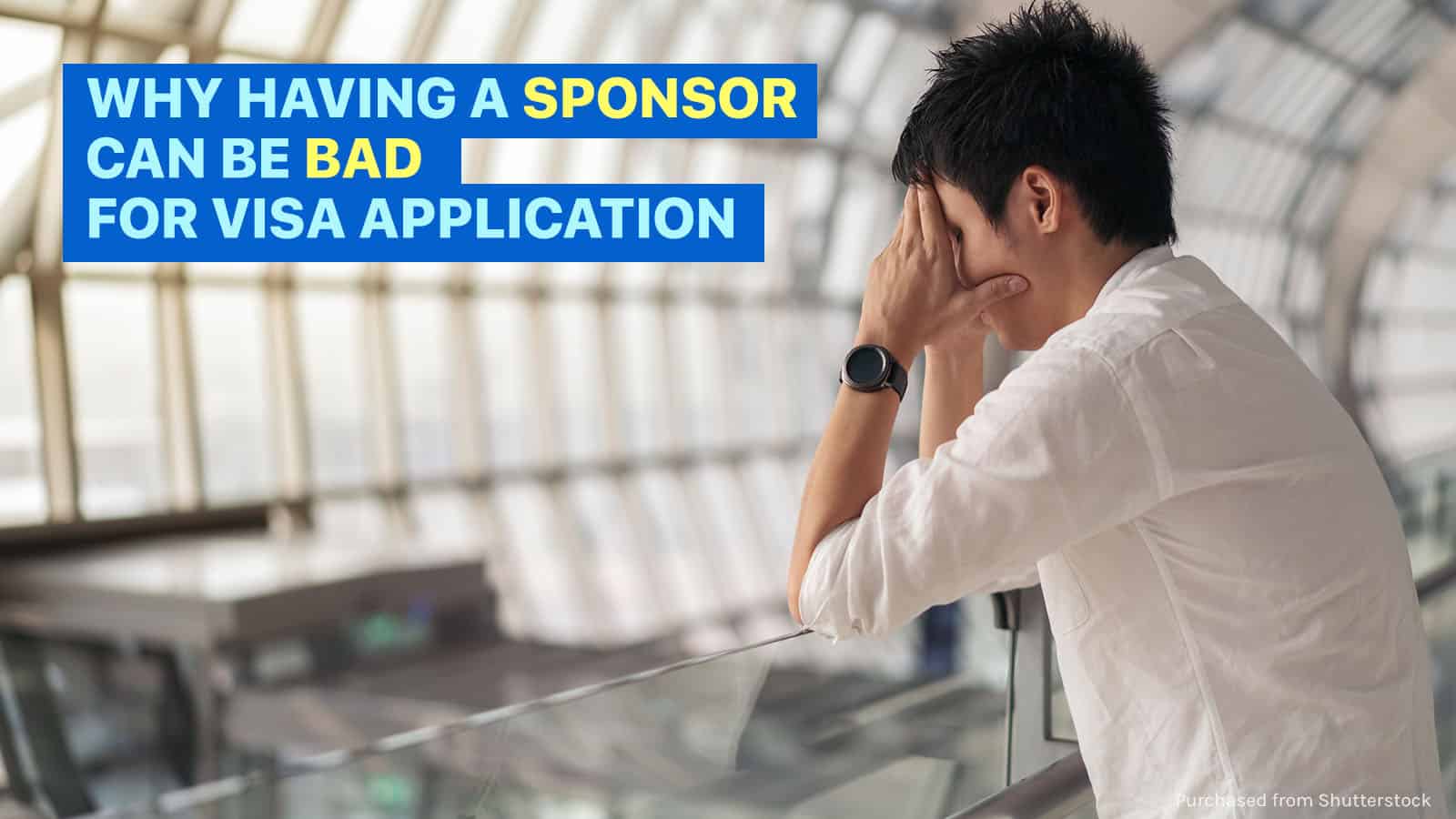

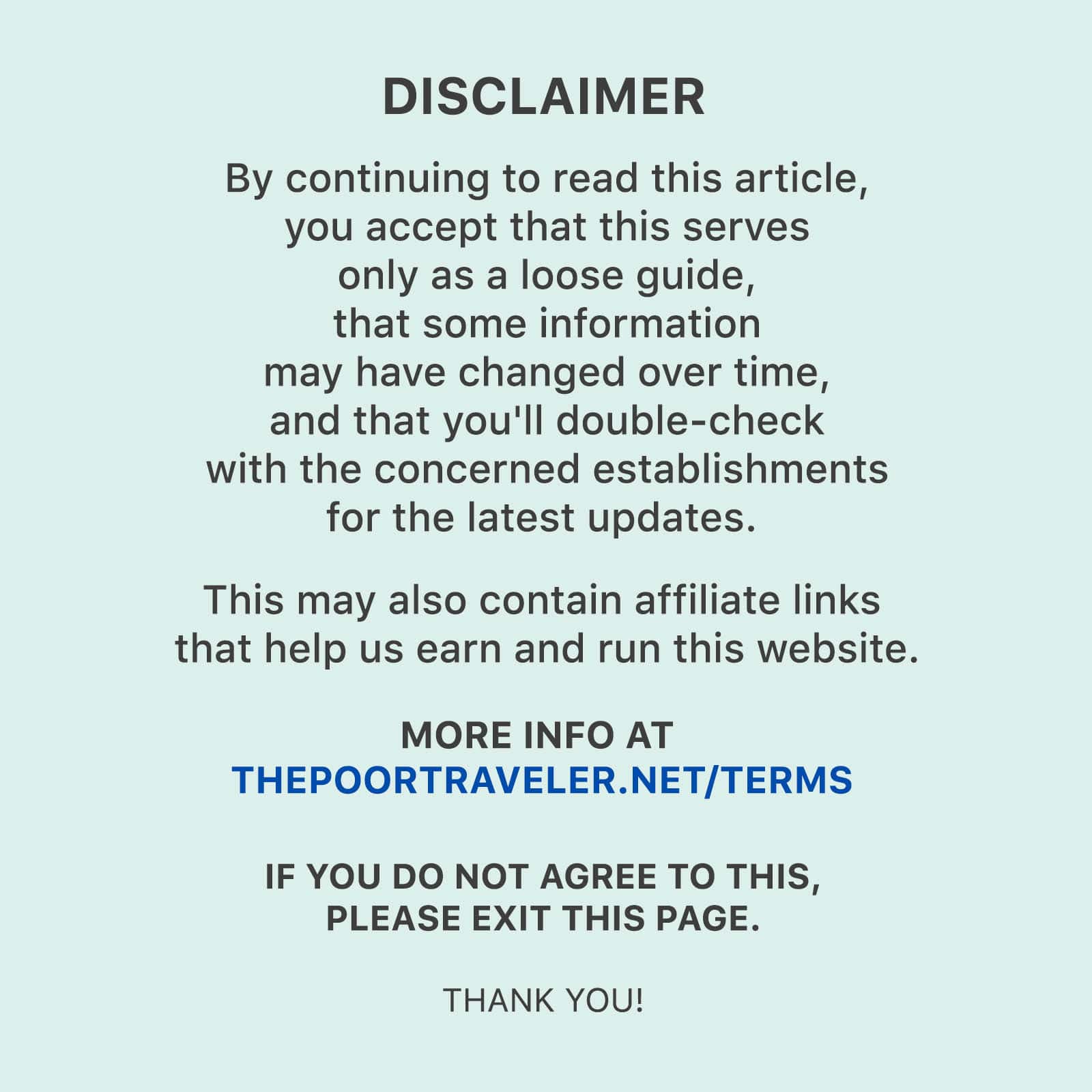

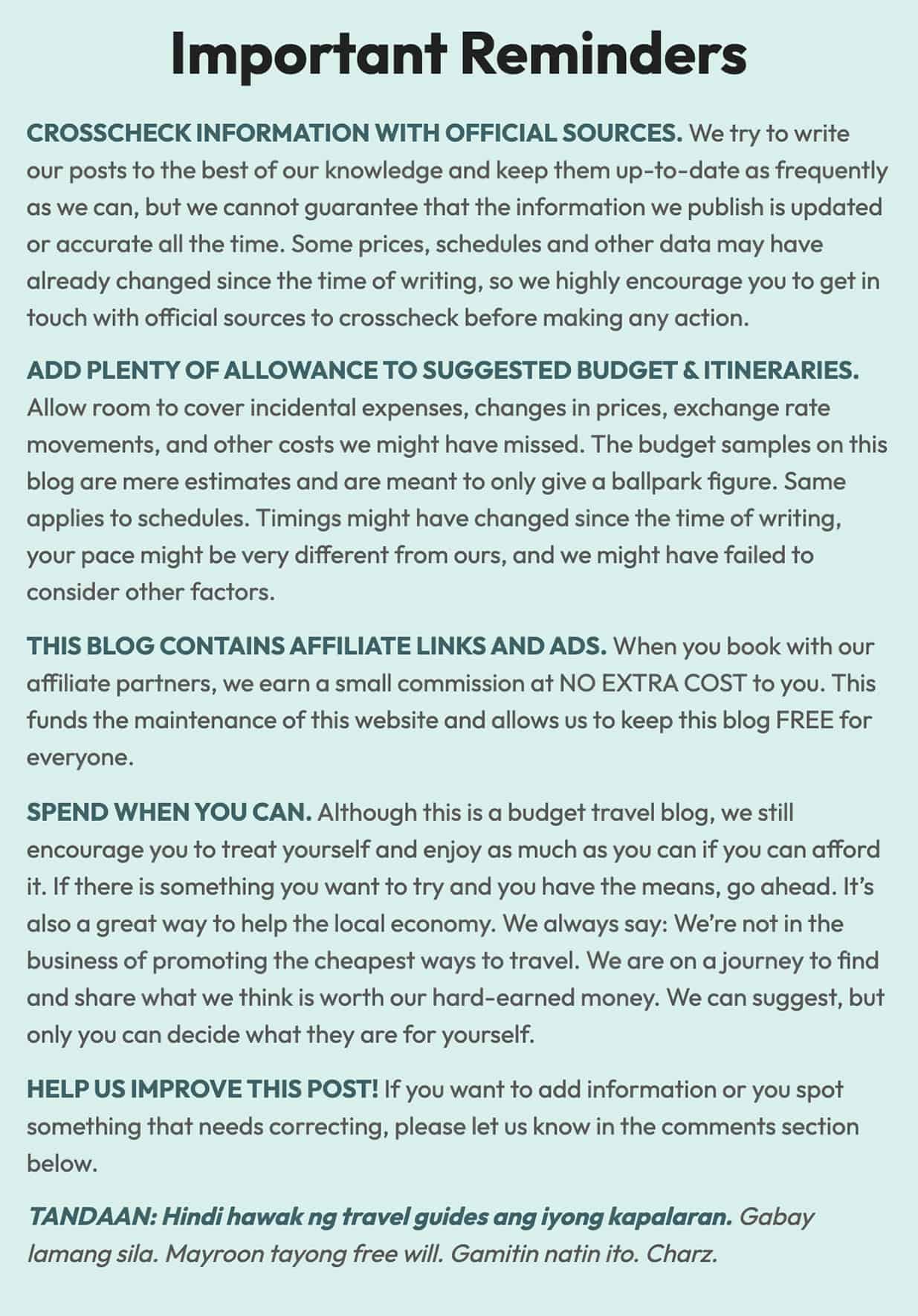
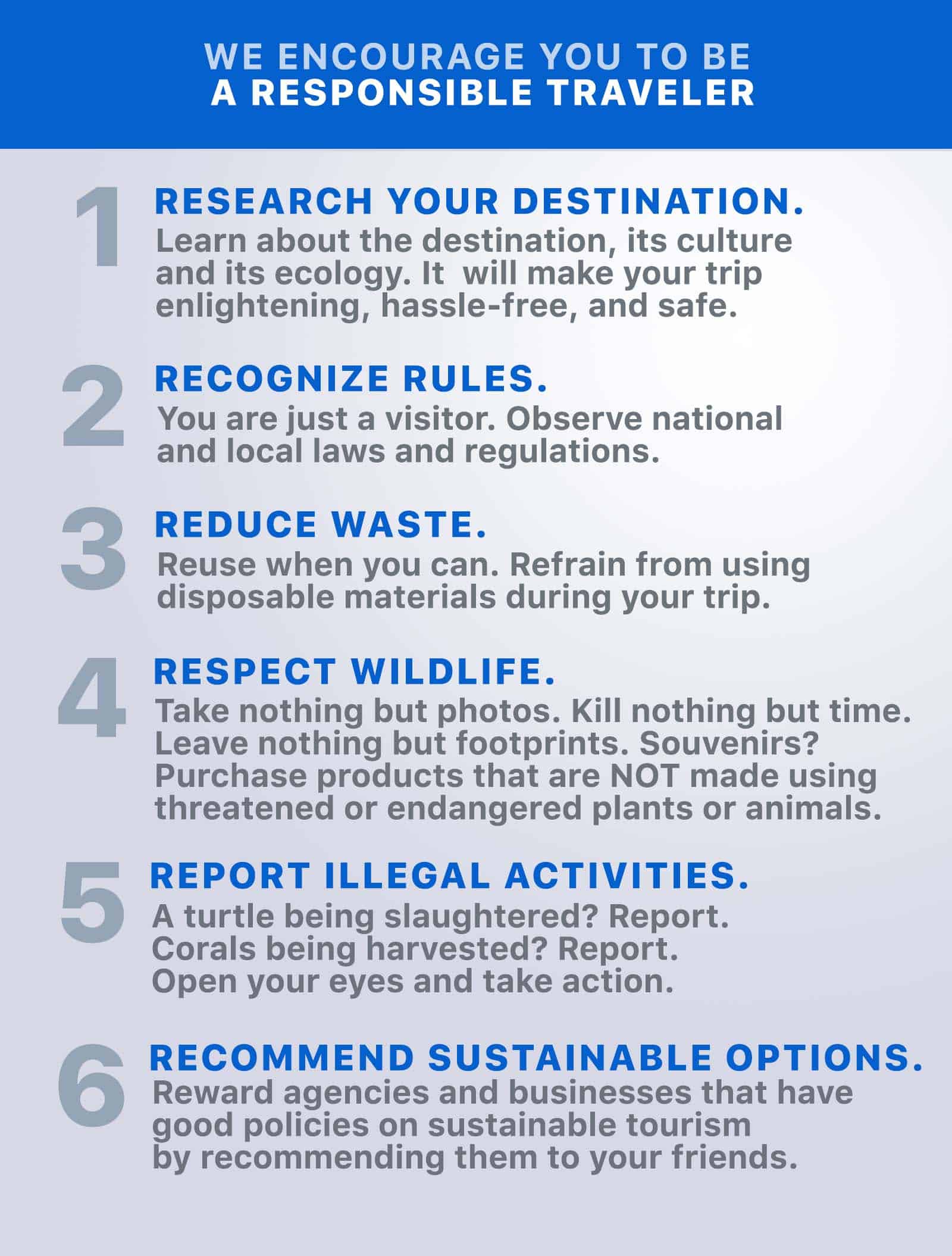


















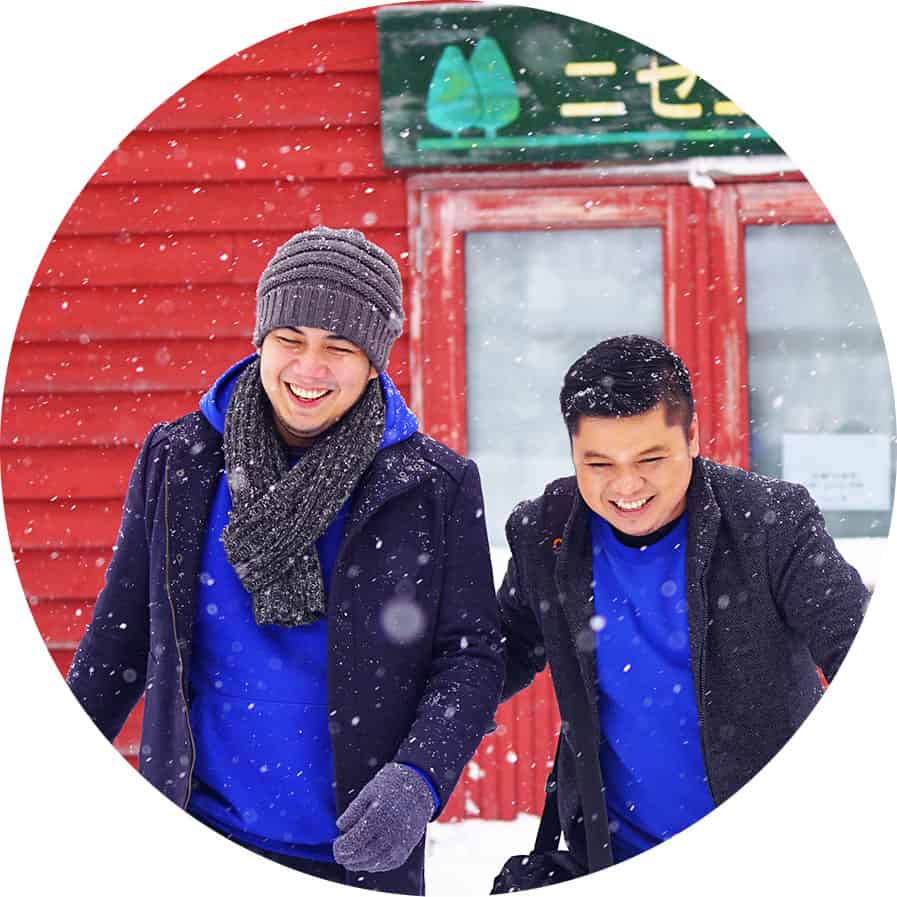
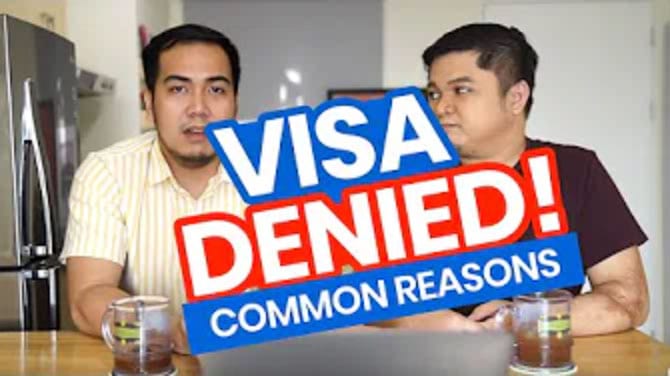
I tried to go in Canada because of that sponsor thing my working visa denied, if I read this first then I am aware what im going to do insted
I am an American living in the Philippines for the past 5 years. My live-in partner and I have been together for those 5 years. We would like to apply for a shegen visa for a trip in Greece. We have traveled abroad many times together, including America and Kenya within the last 2 years. My question is, how likely would she be approved because I will be her sponser. I can show my financial documents, which there is substantial money in, plus pictures and other supporting documents to prove our 5 year relationship. She does not have a job or businesses or property. Any advice would be greatly appreciated. Thanks
Hi David, I am in the same situation as you, but my GF is thai. The money requirement of 95 eur a day is a bit extreme even for most European people. Did you manage to sort this out?